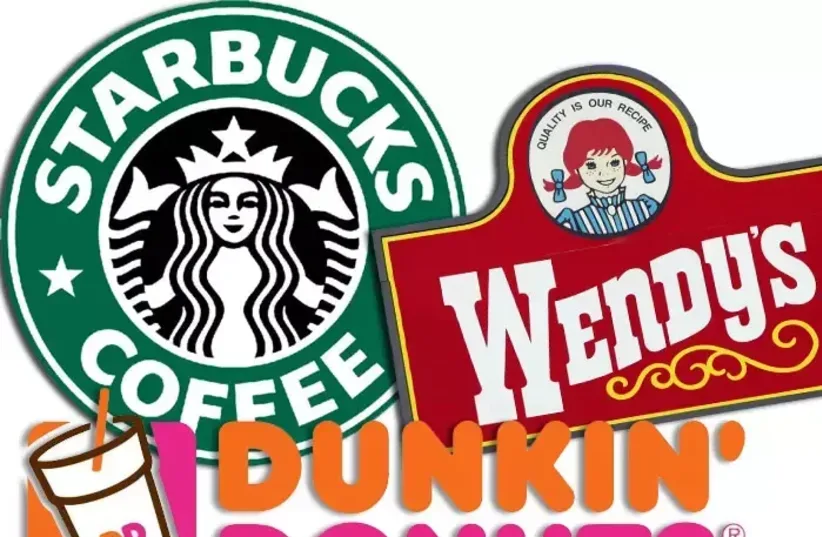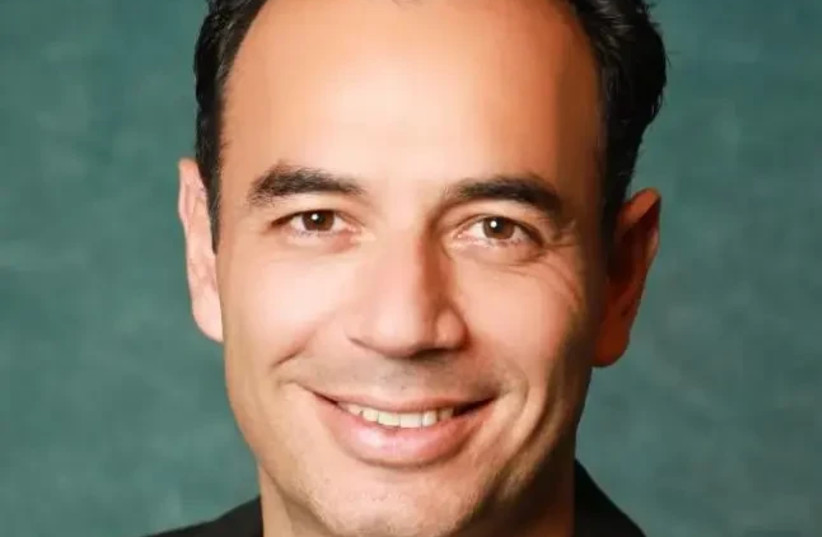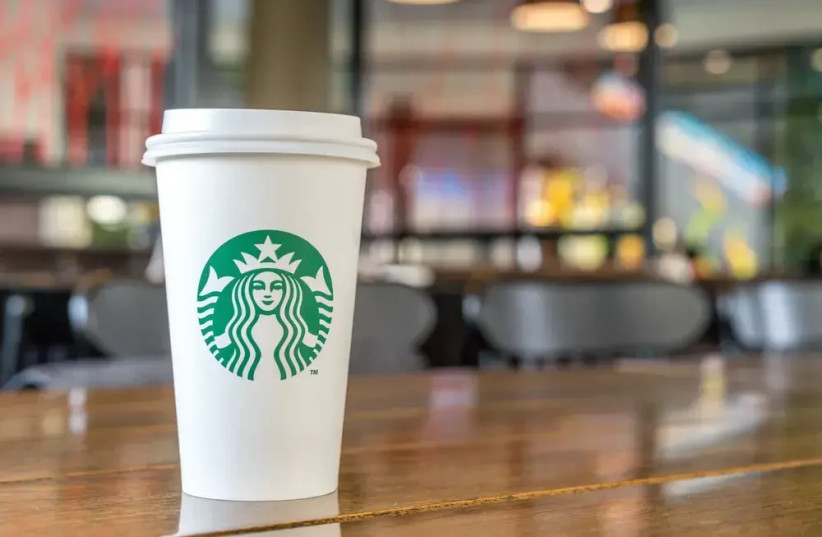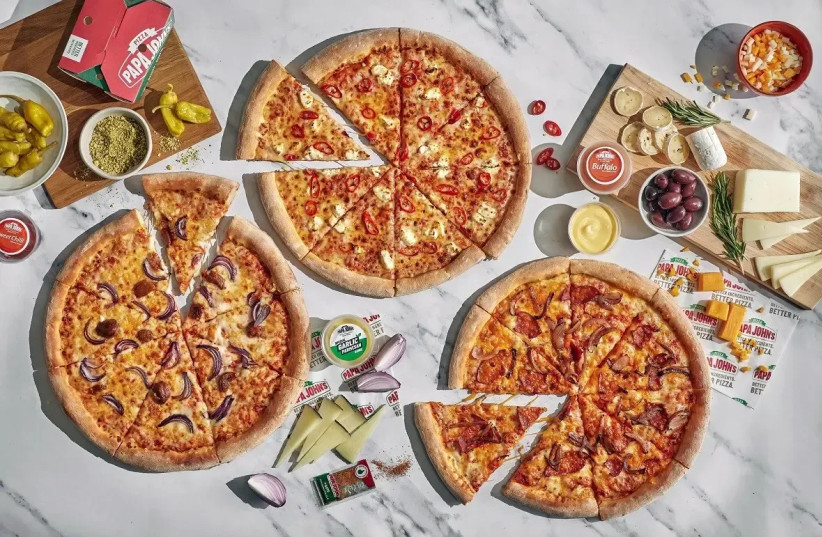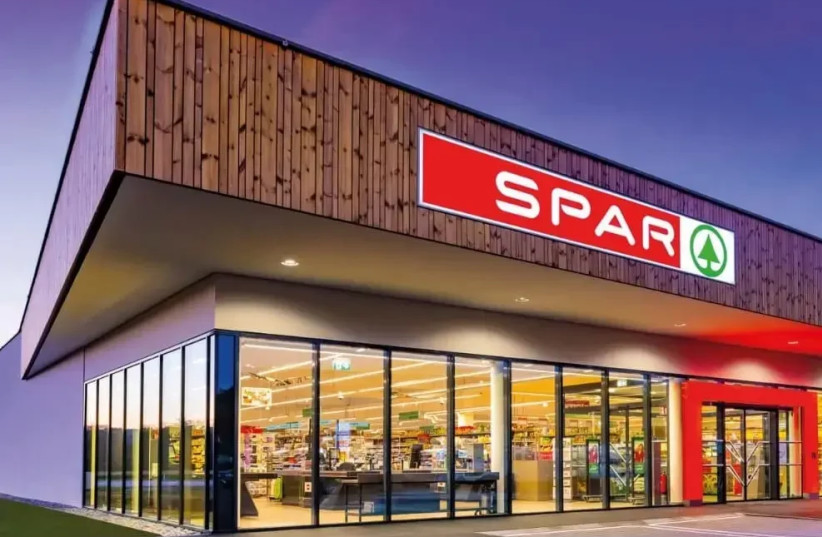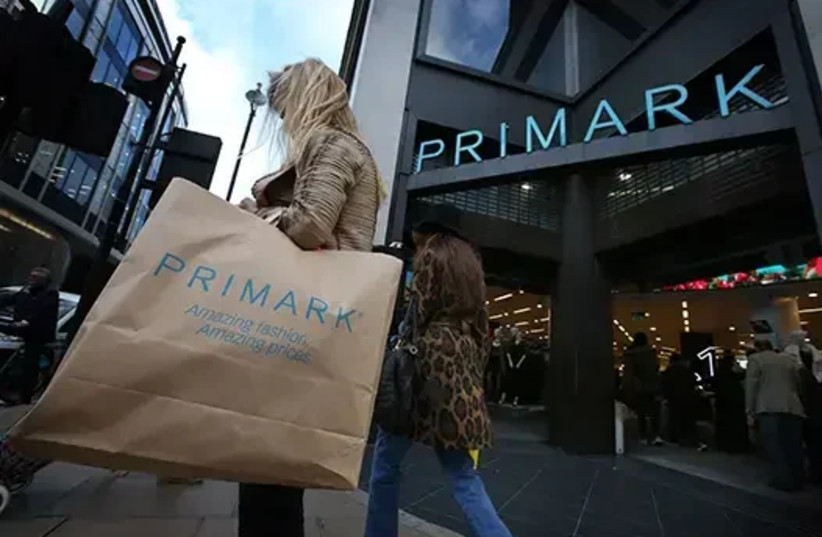Any news about the intention of a large chain to come to Israel arouses excitement and anticipation among Israeli consumers. The same brand, which comes with the dimensions and prestige attributed to it and with the power that we are still, even in 2024, in awe of it, crossing continents and seas, for months and years, just to reach us... shall we not be moved?
The franchisors and representatives of the large chain that is heading to Israel are also expecting an easy penetration into the hearts of the locals, they are developing hopes for success and growth in a new market, one that is considered modern, progressive, one that has learned over the years to embrace globalization and enjoy big names overseas. The goal: that they don't have to get on a flight to get an item or enjoy the shopping experience that the chain offers.
More than once, it became clear in retrospect that there is a gap between the expectation and the vision and the actual success. Did they set out to investigate what happens behind the scenes before the arrival of big brands from abroad? What chains is the Israeli consumer waiting for, which brands entered the local market and succeeded and which chains arrived, tried and tried, failed and disappeared as if they were not there.
We spoke with Moti Elbaz, CEO of the strategic-marketing consulting firm Sex Code and did a quick review of the conduct of large chains in Israel. "The Israeli public is known for its extreme desire to experiment with new products and categories: food, clothing, consumer products - what not. Not for nothing, we have become a startup nation on a global scale," says Elbaz, "even in the field of automobiles, our small country of only 9 million inhabitants has already become the third largest importer in the world in importing electric vehicles from China with no less than 20 different vehicle brands cruising the country's roads Elbaz explains how the Israeli market is perceived by many international companies, "Israel is considered a 'quality focus group' that represents the entire Middle East and in many cases only after the product is successful in Israel is it also marketed to the other countries in the region.
At the same time, the key to success in penetrating the Israeli market is local adaptations, this can come in taste, size, variety or even in the branding itself. Companies that do not know how to do this will find that Israeli consumers also know how to alienate brands quickly and decisively." Together with Elbaz, we surveyed brands from different fields that have arrived and failed, those that have succeeded and those that are still waiting for them in Israel:
Starbucks - unlike all other brands, Starbucks was simply ahead of its time in Israel.
The world's favorite coffee chain (with success that is hard to argue with) made a rise in 2001 when the coffee takeaway culture was in its infancy. In less than two years, she folded her tail and left us with experts attributing her lack of success to several factors:
The first is the timing - the network arrived in the middle of the second intifada when the countless attacks made people not walk around the streets. The second reason is the local competition and the selection of products that are less attractive to the tastes of the Israelis, and the third reason is the choice of locations. "Starbucks came in with its large and well-known coffee cups without realizing that in Israel it is customary to drink in a much smaller cup.
If it had come back to us during this time when the culture of drinking coffee on the street is already very developed and a large part of the public has become accustomed to drinking coffee in a large cup, there is definitely a possibility that it would have flourished in Israel," says Elbaz.
Duncan Donuts - The chain's presence in Israel remains mainly as a sweet memory that was here for 5 years (1996-2001). It seems that the departure of the brand was also surprising to its operators since, just a month before the decisive decision to end its affair with us, the 8th branch of the chain was opened.
Experts claim that it failed to recruit the right partners and that its debts to suppliers led to the breakup. "The company's concept was to sell donuts and coffee on the go, but there were two inherent problems in the marketing concept: the first is that Israelis like variety and while they did sell donuts in different colors and textures in the branches, the base of the donut remained the same.
The second reason is that at that time there was no culture of drinking takeaway, and therefore There was no escape from closing the branches," Elbaz explains and adds a contrasting example: "Precisely the Roldin chain, which realized that variety is a critical ingredient for success and therefore markets countless different bakery products at any given moment and manages to flourish, despite the high price tag."
Sbaoro - the American food chain that specializes in food products from the Italian cuisine, arrived in Israel in 1995 and at its peak operated 26 local branches, most of them by franchisees. The chain generates about 1.5 billion dollars in the US, but in Israel it closed all its branches as early as 2010 after the management of the chain The World did not authorize the management in Israel to change menus to suit the Israeli palate.
Precisely in this matter, McDonald's is an excellent example of a global management that understands the need to change menus in accordance with the global target audience, and in Israel you can find products dedicated only to us, for example McShawarma and this is just one example of many.
Wendy's - When talking about food chains that tried their luck here in Israel, it's hard not to mention the hamburger chain Wendy's, which was the first American chain in the field in Israel, but failed, left Israel - and later even ceased to exist in the US. The Nandos chain also comes to mind The South African, who had a few successful years before folding the rooster's tail and leaving the country.
Gap - the American fashion chain, operated in Israel for 7 years until it closed its doors in 2017. "The main failure of the brand worldwide was that it did not know how to keep innovating and slowly began to be perceived as outdated and unfashionable. Even in the online field, the chain entered relatively late after almost all international chains They were there in full force," notes Elbaz.
Compared to the brands that folded and left us, other brands emerged that did things right and succeeded.
McDonald's - The American food chain first arrived in Israel in 1993 when it opened its flagship branch in the Ayalon Mall in Ramat Gan and today it operates over 200 branches in Israel and employs over 7,000 people.
If at the beginning the global brand demanded uniformity of the menu all over the world, then today you can find in Israel unique dishes that have been adapted to the tastes of the locals. Papa John's - Another brave chain that tried its luck is the "Papa John's" pizza chain, which operates around 6,000 branches worldwide and came to Israel in 2016. Until it was purchased by the couple Chen and Moti Richter in 2020 (on the eve of the Corona virus), they operated in Israel Only 3 branches. The young couple was able to meet the standards of success and justify the title of "the fastest growing pizza chain in the world" in Israel as well, as they franchise 26 branches nationwide.
alo yoga and lululemon - the world's most successful active fashion brands alo yoga and lululemon have arrived in Israel after years of being eagerly awaited by local consumers who love sports and street fashion
Eli Maron, co-CEO of Sinergia Group and a lecturer at the School of Business Administration at the College of Administration and Bar Ilan University, claims that the power has passed to the buyers. The ability to choose, the variety, the opportunities, the technology and the innovation, offer investment opportunities for international chains also in the retail arena, especially in the FMCG (fast moving consumer goods) products. "The cost of living in Israel and target audiences who have made a leap in their income levels (high-tech) beckon large investors in the local retail arena. Just in the last year we have witnessed the penetration of 3 large chains."
Seven eleven - The chain of convenience stores fluctuates in its ability to penetrate mainly for several key reasons: First, too fast entry into the city centers. In Maron's opinion, he had to come from the periphery and accumulate hours of learning curve.
Second, convenience stores are still recognized by the Israeli consumer as an expensive service store at gas stations and not as independent stores in city centers. In addition, managing the network at a high level of self-service created a risk of theft, which greatly harms the profitability of the network. In Maron's opinion, the Electra Group presents problematic management.
Carrefour - an interesting phenomenon of a chain that is very successful in European countries but fails to rise in Israel. In Maron's opinion, there are several reasons for slow penetration that did not meet expectations: the promise of an attractive variety in a private label did not meet the reality test in most categories; The price of products that are not under the private label is not attractive compared to competing chains. In this niche, differentiation and viability were not created; Importing leading products from abroad did not succeed as expected, mainly due to high costs for transportation and logistics.
SPAR - the marketing promise of the retail chain includes a shopping experience, a variety of new products, fair prices and a special service that they claim is not known in Israel. The opening of the first branch in Israel is planned for next week (March 18). We wish them that they succeed in increasing the competition and the exposure to brands that we have not yet met. SPAR is planning penetration in 3 formats: convenience (express), a neighborhood concept, and a large supermarket over 1,000 square meters per branch.
ALDI - Another chain planning to enter Israel is the German food chain ALDI which is based on a private brand. Other chains that are considering coming to Israel are also looking at the market with a magnifying glass: on the one hand, the cost of living beckons to high profitability. On the other hand, the regulation is getting stricter which may increase expenses. Maron claims that the transportation and logistics costs also make it difficult to achieve the profitability goal, but the Israelis' loyalty to leading international brands may help in the process of penetrating the local market.
We returned to the CEO of the strategic-marketing consulting firm Sex Code, Moti Elbaz, with the question about desirable chains that Israelis like to shop at abroad and are waiting for here with us.
Elbaz mentions the 3 leading chains: PRIMARK - perhaps the most favorite chain among Israelis in the world. It is terribly diverse in all types of clothes and accessories, the prices are very affordable in relation to the quality and the strategic locations. There are many cases where the flight destinations are selected according to Primark locations in the same place. "There are several networks in Israel that have tried to imitate the format, such as Urbanika, but the original, as in many cases in life, exceeds the imitation by several counts."
Sephora - a French perfumery chain that markets a huge variety of luxury brands from all over the world including its own private label. The emphasis in the network is on variety, from very luxurious products to basic makeup products. The second well-known advantage of it is the innovative visibility that makes many women attracted to it and spend long hours there. "If it comes to Israel, it will definitely give a fight to Super Pharm, which according to estimates holds about 80% of the pharmaceutical market share in Israel."
WALLMART (Walmart) - This is the largest American retail chain in the world and it has everything: food, consumer goods, pharmacies, makeup and care, clothing for any occasion (yes, even for proms) and more. The chain's branches are characterized by huge areas, a wide variety of items and very discounted prices. "While in the US such formats are very common and Walmart has many competitors such as Costco, Target and more, in Israel there is still not a single company that has been able to fully imitate the concept so that its entry into Israel can significantly lower the cost of living and benefit the Israeli consumer."
"The retail scene is bustling, competitive, enterprising, innovative and is a great temptation on the one hand and a challenge for business development on the other," concludes Dr. Eli Maron. With the entry of food chains (such as the American hamburger chain, Shake Shack, the Seven Eleven and Carrefour retail chains and the fashion chains , alo yoga, lululemon and Victoria's Secret for example, remember that the success of an international chain in Israel depends on many parameters, including the market penetration strategy, the initial layout, the geographic location, our political situation vis-a-vis the world, the security situation and the taste of the local consumer.
